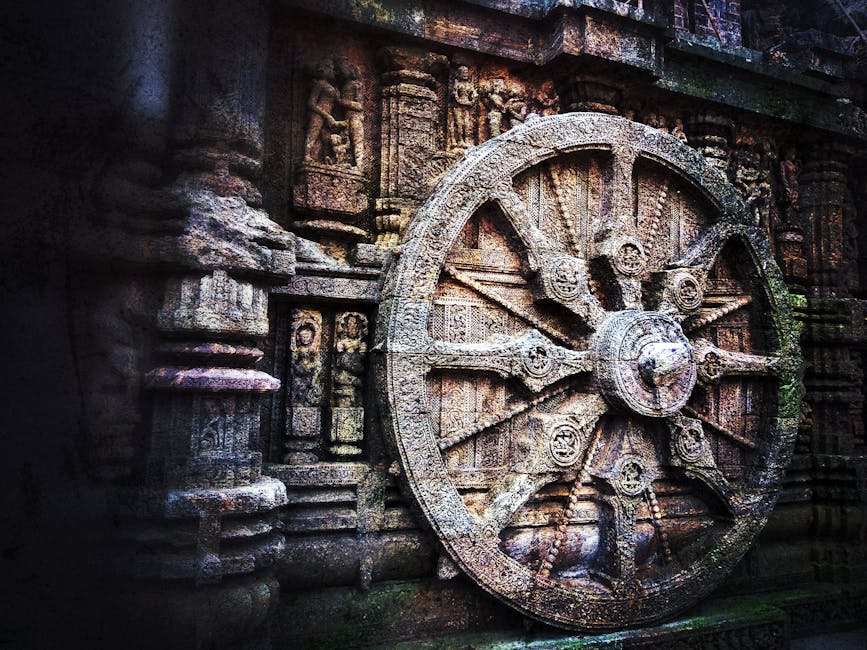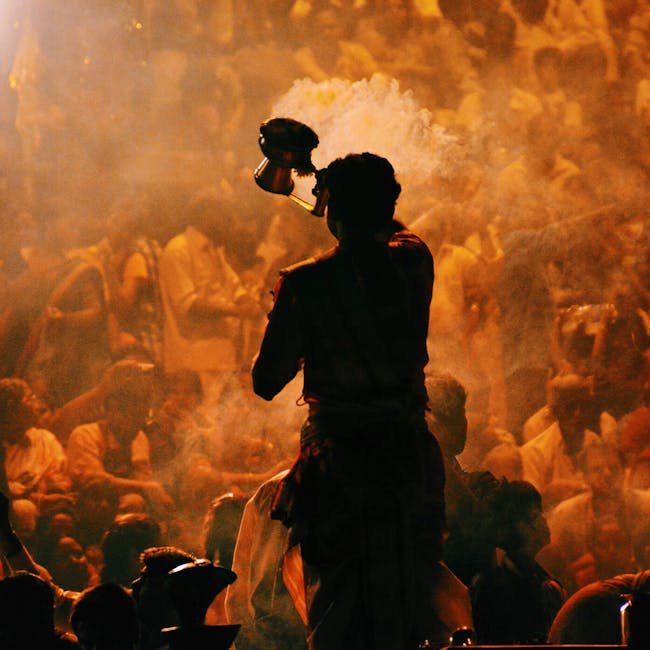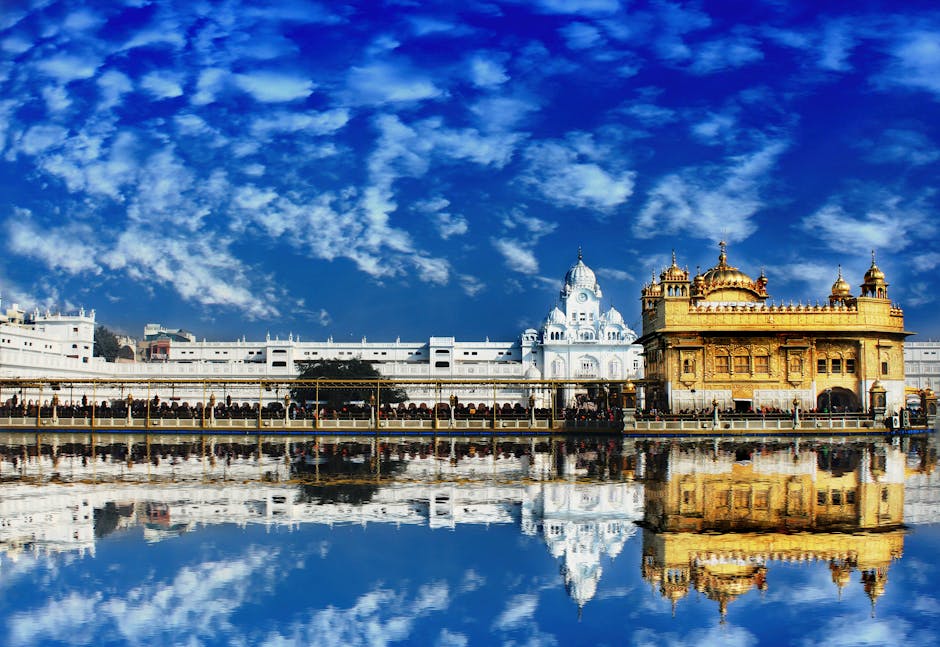


 India
India
India is an incredible travel destination, offering a unique blend of culture, history, and natural beauty. From the majestic Himalayas in the north to the tropical beaches of the south, India has something for everyone. The country is home to some of the world’s most iconic monuments and architectural wonders, such as the Taj Mahal and Red Fort. India also offers a wide variety of cuisine, from traditional curries to modern fusion dishes. With its vibrant cities, stunning landscapes, and friendly people, India is sure to be an unforgettable experience for any traveler.
Activities: Surfing, Stand-up paddle boarding, Canoeing, Rafting, Snorkeling, Skiing, Mountain biking, Hiking, Camping, Rock climbing, Caving, Safari
Landscapes: Islands, Beaches, Forests, Woodlands, Mountains, Rivers, Lakes, Deserts, Canyons, Caves, Coral reefs
Topics: Cities, Nature, Wildlife, Food, Art, Music, History, Festivals, Backpacking, Adventure
Is India expensive?
India currency
₹Indian rupee (INR)
Weather in India
The weather in India varies greatly depending on the region. Generally, the climate is tropical and hot, with temperatures ranging from the low 20s Celsius (70s Fahrenheit) in the winter to the high 30s Celsius (90s Fahrenheit) in the summer. The monsoon season brings heavy rains to much of India from June to September. In the northern regions, temperatures can drop below freezing during winter months. The best time to visit India is between October and March when temperatures are milder and there is less rain.
- Yearly temperature range: 14°C - 37°C
- Monthly rainfall range: 19mm - 475mm
- Daily sunshine range: 4h - 9h
Traveling India
Air Travel
India has a large network of domestic airlines that offer flights to major cities and tourist destinations throughout the country.
FlightsTrain Travel
The Indian Railways is one of the largest railway networks in the world, with over 11,000 trains running daily. It is an efficient and affordable way to travel around India.
Bus Travel
Buses are a popular way to get around India, with many private companies offering services between cities and towns. Buses are usually cheaper than other forms of transport.
Car Rental
Car rental is available in most major cities in India. You can rent a car for short or long trips, depending on your needs.
Car rentalTaxi Services
Taxis are widely available in India and can be booked online or through local taxi companies. They are a convenient way to get around, but can be more expensive than other forms of transport.
Is India safe?
Crime
The most common crimes in India include theft, robbery, assault, fraud, and cybercrime. Theft is the most common crime in India, with pickpocketing and purse snatching being the most common forms of theft. Robbery is also a major problem in India, with armed robberies occurring in both rural and urban areas. Assault is another major crime in India, with physical assaults occurring on a regular basis. Fraud is also a major problem in India, with scams targeting both locals and tourists. Cybercrime is also a growing problem in India, with hackers targeting individuals and businesses for financial gain.
Travel advisory
3.4/5India has a current risk level of 3.4 (out of 5). We advise: Use some caution when travelling India.Last updated: Thu Mar 23 2023
Health
Health Considerations
India is a large and diverse country with varying levels of health care. It is important to research the areas you plan to visit and take necessary precautions, such as getting vaccinated for common illnesses, carrying a first aid kit, and drinking only bottled or boiled water. Additionally, it is important to be aware of the risk of mosquito-borne illnesses such as malaria and dengue fever, as well as other infectious diseases like cholera and typhoid.
Food Safety
When eating in India, it is important to be aware of food safety practices. Avoid eating raw or undercooked foods, especially meat and seafood. Make sure that fruits and vegetables are washed thoroughly before eating them. Be aware of the risk of food-borne illnesses such as salmonella and E. coli.
India customs and etiquette
Be Respectful
India is a diverse country with many different religions and cultures. Respect local customs, traditions, and religious beliefs.
Dress Appropriately
When visiting temples or other religious sites, dress modestly and cover your shoulders and knees. Women should also cover their heads.
Be Courteous
Greet people with a “Namaste” (a traditional Indian greeting) and use polite language when speaking to locals.
Be Aware of Your Surroundings
Be aware of your surroundings at all times, especially in crowded areas. Be mindful of pickpockets and scams.
Be Mindful of Food
When eating out, be aware that some restaurants may not serve pork or beef. Also, it is considered rude to eat with your left hand.
Be Tolerant
India is a very tolerant country, but it is important to be respectful of the local culture and customs.
TP
Copyright 2023